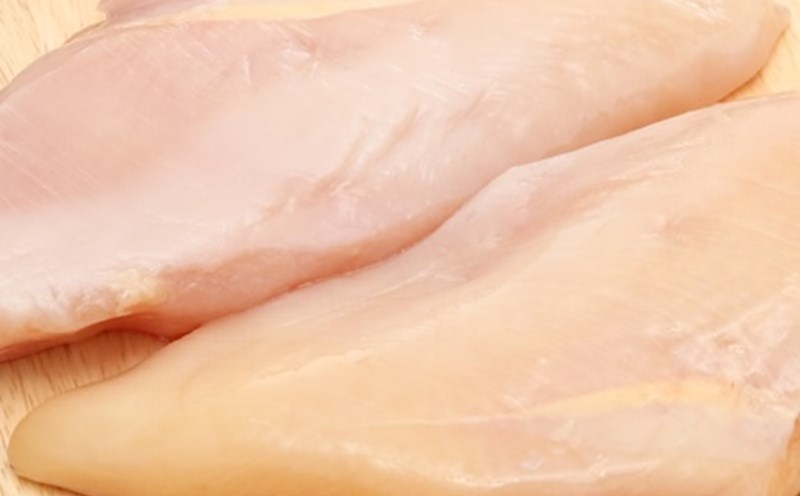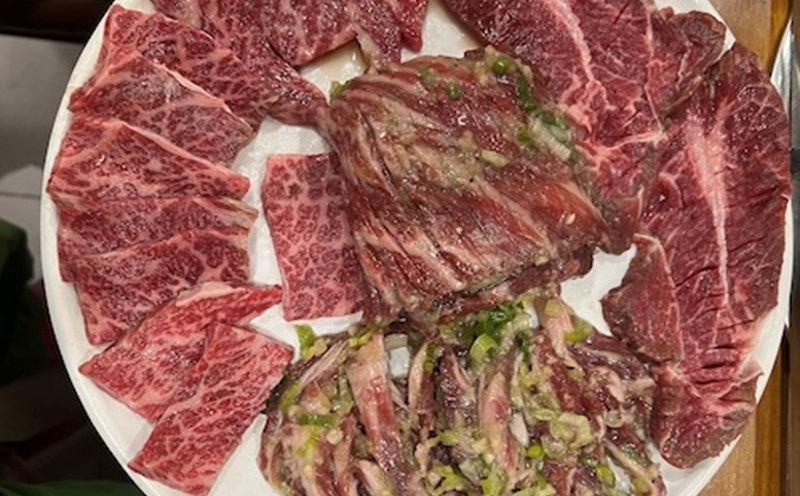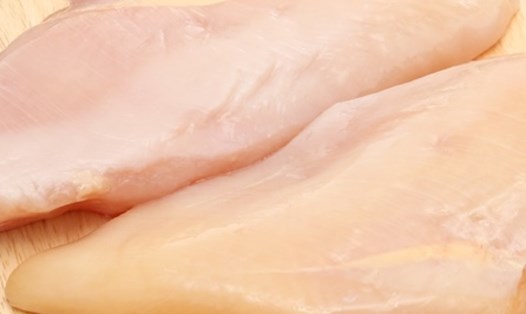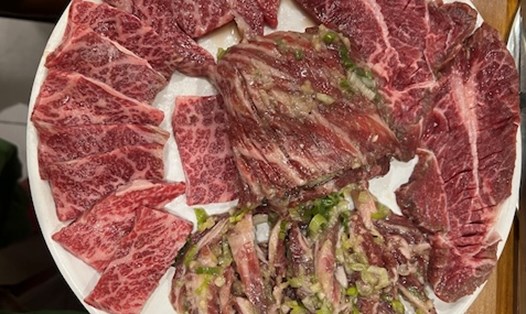Many recent studies have shown that a diet high in red meat can reduce the synthesis process and promote collagen degradation, causing skin to age quickly and connective tissue to weaken.
Red meat such as beef, pork, and Lamb contains a lot of saturated fat and heme iron (the form of iron found in animal foods, the most easily absorbed form of iron by the body). According to research, heme iron can catalyze the oxidation of lipids and proteins, creating free radicals. These free radicals damage cells and break down collagen fibers, while inhibiting enzymes needed for new collagen synthesis.
When the free radical is increased, the skin aging process occurs faster, manifested by wrinkles, sagging and less elastic skin.
Red meat processed at high temperatures causes collagen to quickly disappear
In addition, cooking red meat at high temperatures such as baking, frying, and spinning creates toxic compounds. This compound binds to collagen, hardening the structure of the fibers, causing the skin to lose elasticity and hinder the regeneration of new collagen.
Another factor is that saturated fat in red meat increases the inflammatory response in the body. Chronic inflammation stimulates the secretion of the enzymes collagenase and elastase, two enzymes that destroy collagen and elastin - the main components that keep skin firm and youthful.
In contrast, a diet rich in fish, green vegetables, fruits and nuts provides omega-3, vitamins C, E and polyphenols, which help neutralize free radicals and stimulate natural collagen production.
Red meat is not a "toxin" for the body, but consuming too much and processing it at high temperatures can increase oxidation, inflammation and the formation of toxic compounds - factors that directly reduce collagen levels in the body.
Therefore, to protect collagen and maintain healthy skin, you should limit red meat, replace it with white meat, fish and foods rich in antioxidants, while maintaining a healthy lifestyle.










